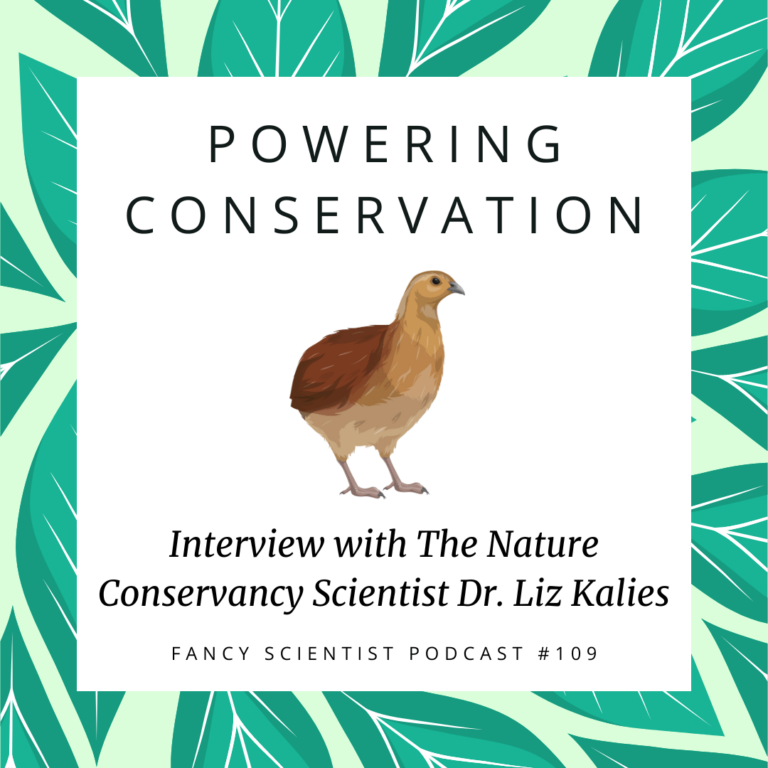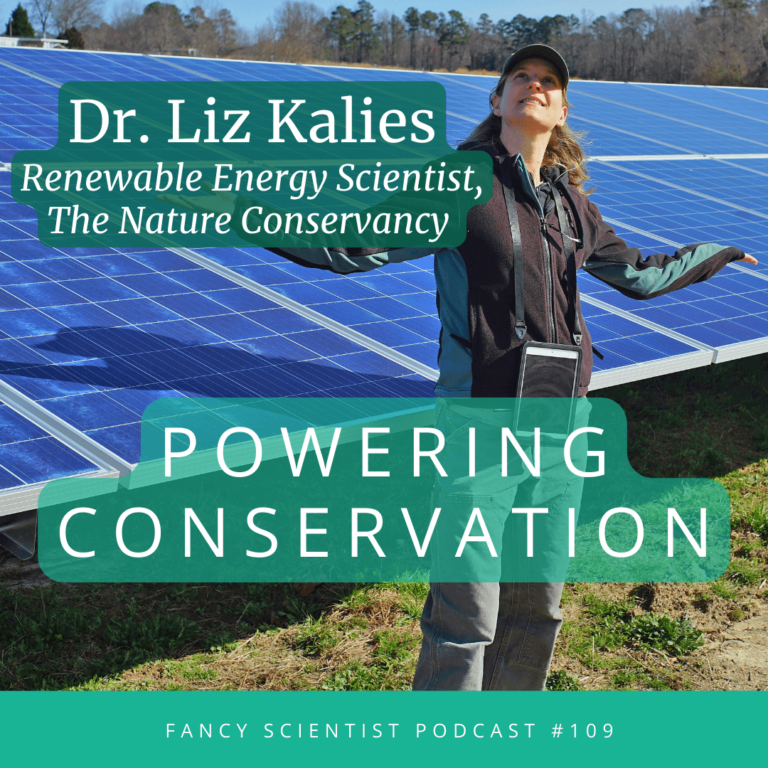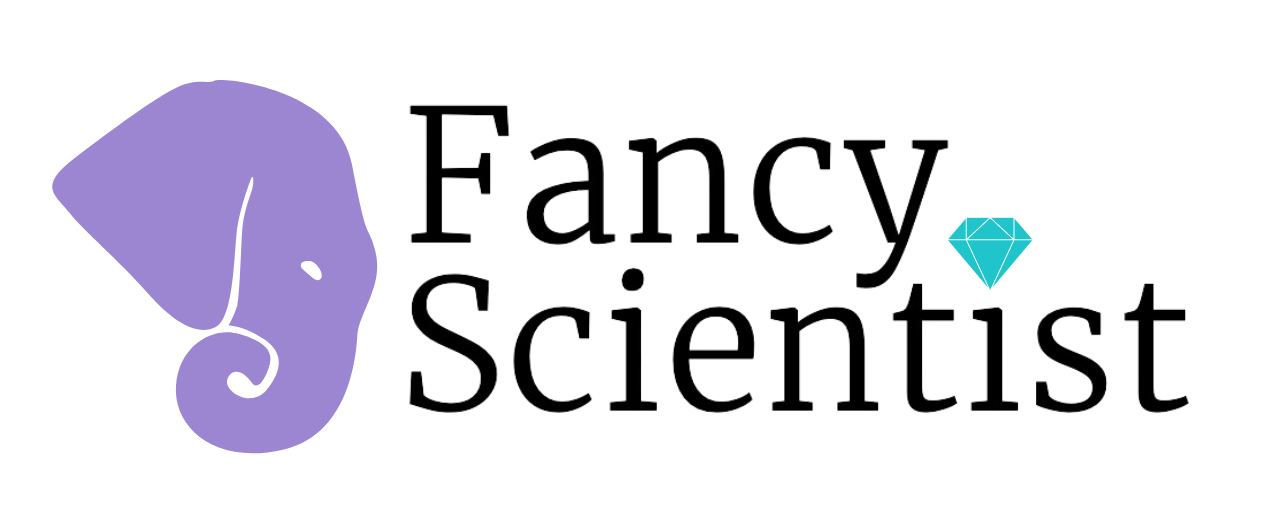When I was working as a postdoctoral researcher studying wildlife using camera traps, I had the pleasure of working alongside Dr. Liz Kalies who was integral in modeling the results of our large-scale projects. Back then, we were both passionate young(er) scientists trying to figure out our role in conservation biology. While my path eventually led me here to science communication and career mentoring, Liz took her to a seemingly unexpected, but exciting path – she’s now the lead renewable energy scientist for the North American region at The Nature Conservancy.
Powered by RedCircle
Or listen on Apple, Spotify, or Stitcher podcasts.
Being a lead scientist at one of the world’s top environmental organizations is no small feat, and given her background is in wildlife, we both didn’t expect her to go into renewable energy. But as you’ll find out in this interview, it all comes back to wildlife.
Renewable energy is definitely a pro-environmental choice, but that doesn’t mean it’s without any impacts to wildlife. So how can we develop wind and solar power responsibly without disrupting vulnerable habitats and species? Liz is at the forefront of finding solutions for such challenges that balance the needs of clean energy with wildlife conservation.
In this week’s episode of the Fancy Scientist’s podcast, Liz pulls back the curtain on what it’s really like driving conservation strategies using solid science at an influential nonprofit. She also shares her real perspective on building a meaningful career in science, juggling her work while raising three kids, and how following her passion led to career success.

Specifically, we discussed:
- The critical role of science at The Nature Conservancy
- How renewable energy can impact wildlife
- Challenges in mitigating conflicts between renewable energy and wildlife
- Liz’s journey into wildlife research and her transition to the renewable energy science space
- What it’s like to work at The Nature Conservancy and nonprofits as a whole
- Finding the right work-life balance as a mother and scientist
- Tips for students pursuing environmental science careers
- The importance of taking initiative and being a self-starter
- And MORE!

I’m so grateful to have had this insightful chat with my former colleague. Liz is living proof that with dedication, adaptability, and a genuine desire to protect nature, your career can take you amazing places!
Resources and Sources in Powering Conservation
Love this post? Share it with friends!




